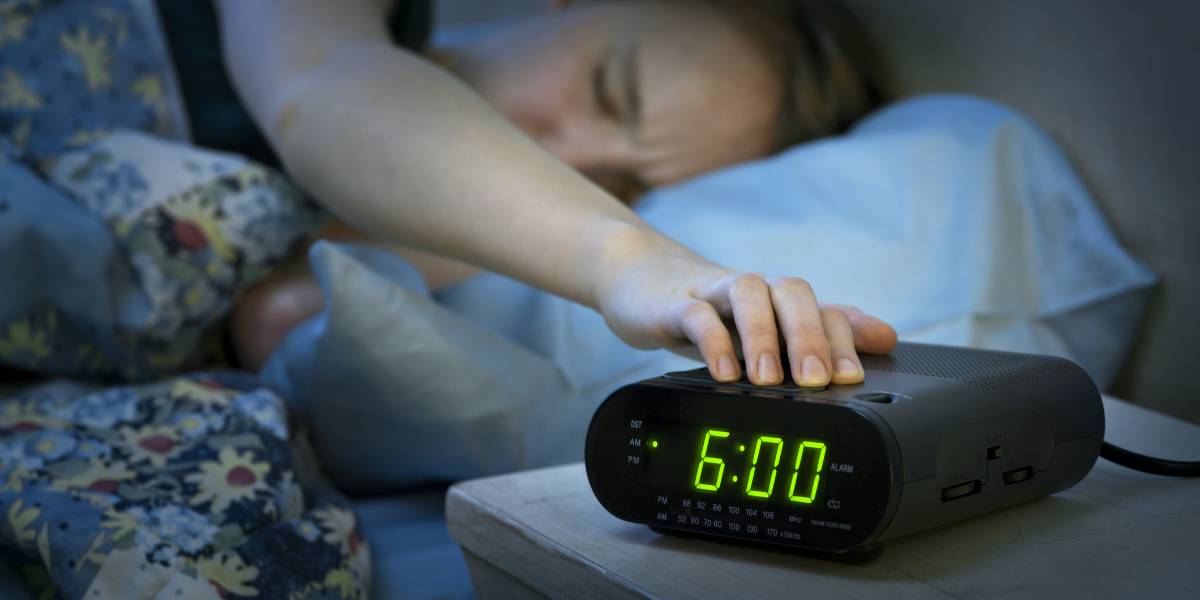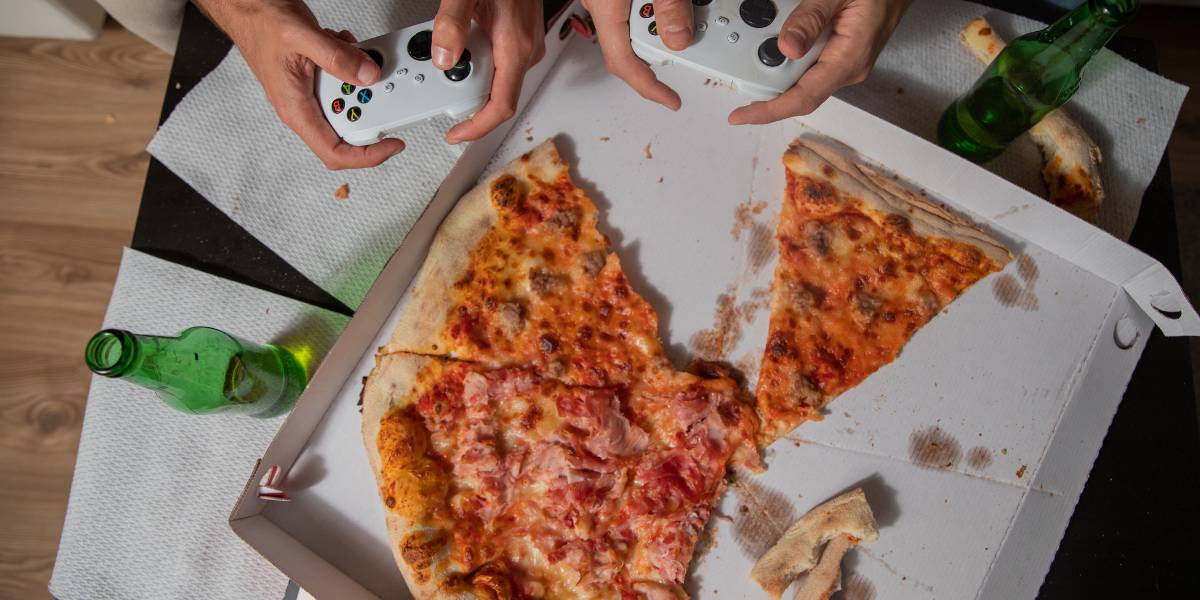Individuals who frequently hit the snooze button on their alarm are less likely to experience “morning drowsiness” compared to those who wake up from sleep straight away, a new study shows.
Latest research has found that people who snooze their alarm for 30 minutes tend to be mentally sharper throughout the day compared to those who get up instantly.
A survey of roughly 1,700 adults shows that most of the participants snoozed their alarm because they are too tired to wake up.
- Snacking before sleep can lead to weight gain and feeling hungrier the next morning
- Microbiome: small changes in sleep patterns linked to harmful gut bacteria
According to the academics, hitting the snooze button can combat ‘sleep inertia’ – a temporary disorientation and decline in performance and/or mood after awakening from sleep.
A total of 31 individuals took part in the study by snoozing their alarm three times before waking up.
Once they were awake, each participant then had to complete a memory test, some simple maths sums and solve a confusing mental task.
All of the participants then had to do the same tests after waking up without hitting the snooze button.
The researchers found that the participants performed better in the tests after snoozing their alarm for 30 minutes.
In addition, sleep devices have revealed that people who snooze their alarm are less likely to wake up from a deep sleep which therefore can reduce brain fog.
First author Dr Tina Sundelin said: “The findings indicate that there is no reason to stop snoozing in the morning if you enjoy it – at least not for snooze times around 30 minutes.
- Sleep quality lowest in people from Asia, study shows
- Chatbots help people make better decisions about exercise, diet and sleep
“In fact, it may even help those with morning drowsiness to be slightly more awake once they get up.”
The survey has identified that more than 66% of the respondents hit the snooze button or set multiple alarms.
Most of the people who snooze their alarm are more likely to be night owls and roughly six years younger than those who get up straight away.
Read the study in full in the Journal of Sleep Research.



